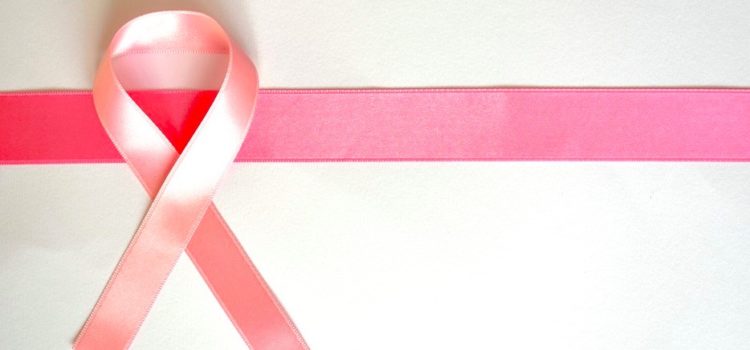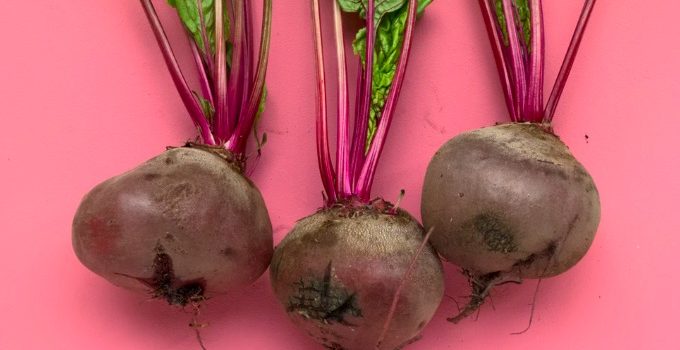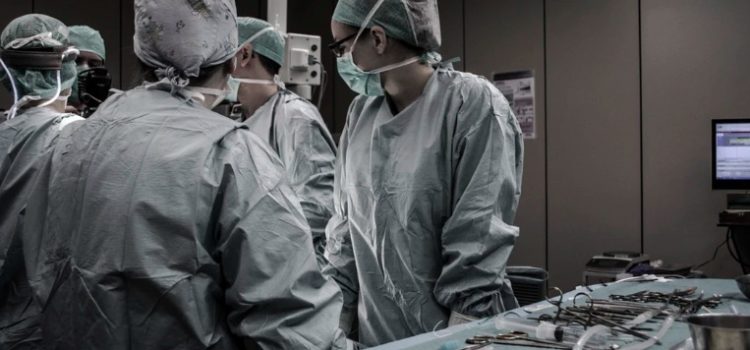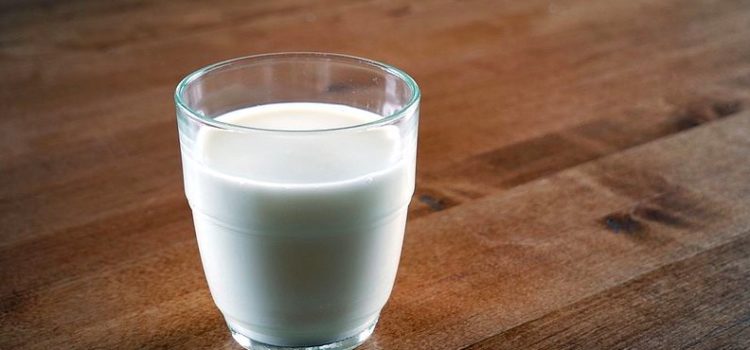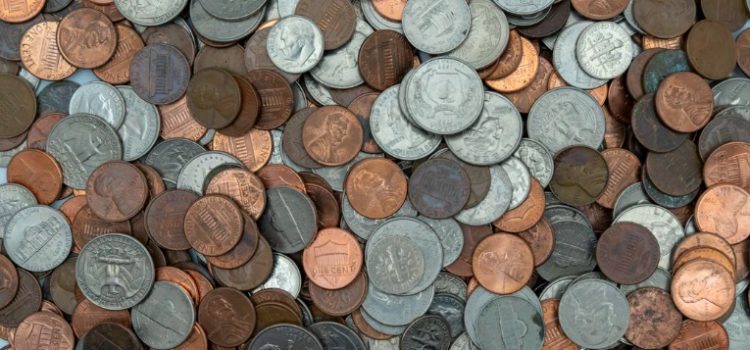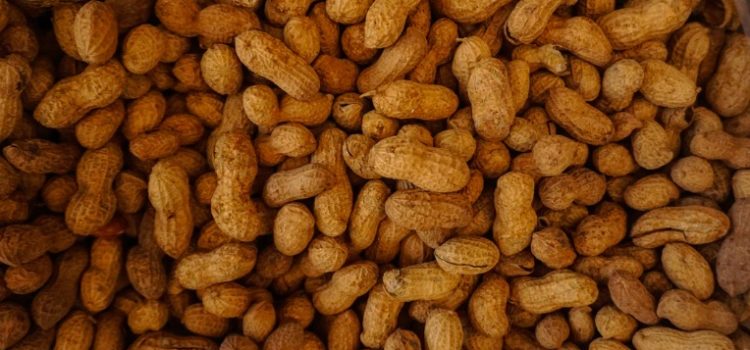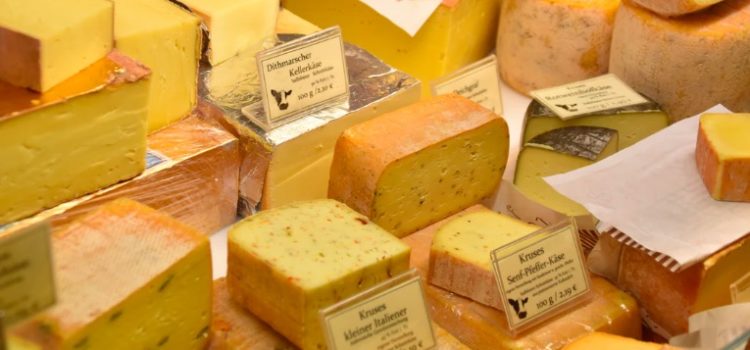What is the link between hormone replacement therapy (HRT) and breast cancer? Is there a link between menopause and breast cancer? One out of eight American women will get breast cancer in her lifetime. Although menopause itself isn’t a risk factor for breast cancer, how you treat symptoms of menopause could increase your risk. We’ll cover the link between HRT and breast cancer and alternative options for easing your transition into menopause.
HRT and Breast Cancer: The Risks of Hormone Therapy
